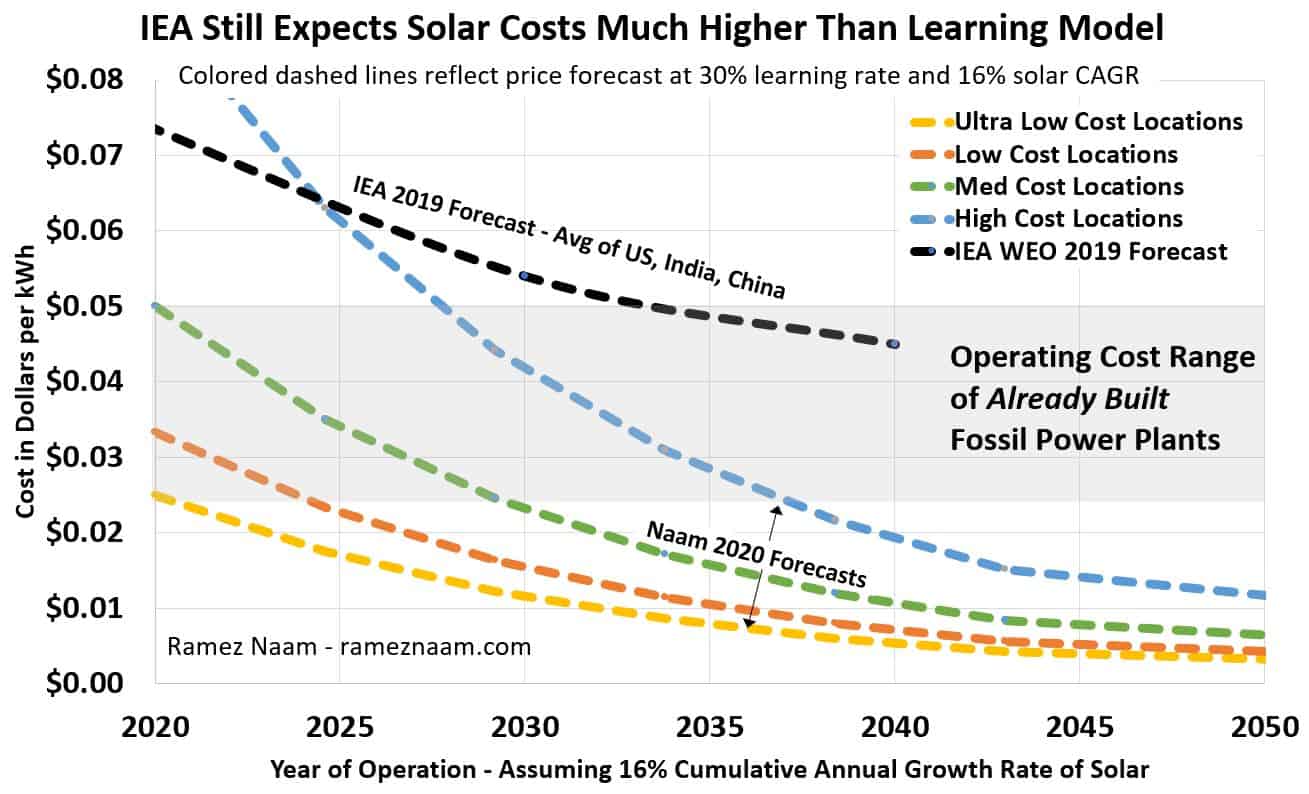
Navigating Solar Cost per kWh: Decoding the Energy Economics
The world of solar energy is often measured in terms of cost per kilowatt-hour (kWh), a metric that plays a crucial role in determining the viability of solar installations. In this exploration, we’ll unravel the intricacies of solar cost per kWh, understanding its significance, factors influencing it, and how it shapes the economics of sustainable energy.
Defining the Metric: What is Solar Cost per kWh?
Solar cost per kWh is a measure of how much it costs to generate one kilowatt-hour of electricity from a solar energy system. It goes beyond the upfront expenses of installing solar panels, encompassing the entire lifecycle cost, including maintenance, financing, and any other relevant factors. This metric provides a comprehensive view of the economic feasibility of solar energy.
Beyond Upfront Costs: Lifecycle Considerations
Unlike traditional energy sources, solar energy involves a significant upfront investment. However, the cost per kWh metric considers more than just these initial expenses. It takes into account the long-term operational and maintenance costs, providing a holistic understanding of the financial commitment required for sustainable energy production.
Pudacanmanel.com: Your Gateway to Solar Cost Wisdom
For those delving into the realm of solar cost per kWh, Pudacanmanel.com serves as a valuable gateway. The platform offers insights into factors influencing solar costs, tips for optimizing efficiency, and expert advice on navigating the economic landscape of solar energy. Dive into the website for a wealth of information tailored to your solar exploration.
Factors at Play: Influencing Solar Cost per kWh
Several factors contribute to the solar cost per kWh equation. The efficiency of solar panels, installation costs, maintenance requirements, and local sunlight conditions all play a role. Understanding these factors is essential for making informed decisions, whether for residential solar systems or large-scale commercial installations.
Efficiency Matters: Impact on Cost Economics
The efficiency of solar panels directly affects the cost per kWh. Higher efficiency panels generally yield more electricity from the same amount of sunlight, potentially reducing the overall cost per unit of energy generated. Investing in high-efficiency panels becomes a strategic move to optimize the economic returns of a solar energy system.
Local Conditions: Sunlight and Regional Dynamics
The amount of sunlight a region receives significantly influences solar cost per kWh. Areas with abundant sunlight may have lower costs as the panels generate more electricity. However, regional dynamics, including weather patterns and shading issues, must be considered. Assessing local conditions is crucial for accurate cost projections.
Installation Complexity: Impact on Solar Economics
The complexity of installation also plays a role in solar cost per kWh. Factors such as roof type, accessibility, and grid connection influence installation expenses. Striking a balance between installation complexity and overall system efficiency is key to achieving an economically viable solar energy solution.
Maintenance and Longevity: Lifecycle Cost Considerations
Solar cost per kWh extends to the maintenance and longevity of the system. Quality components and proper maintenance contribute to the longevity of a solar installation, influencing the overall cost per unit of energy produced. Understanding these lifecycle considerations is paramount for a comprehensive economic evaluation.
Economic Viability: Balancing Costs and Benefits
Balancing the economic viability of solar energy involves weighing the costs against the benefits. While upfront expenses may seem substantial, the long-term savings on energy bills and potential incentives can tip the scale in favor of solar. It’s a strategic evaluation that goes beyond immediate costs and considers the broader financial landscape.
Looking Ahead: Innovations and Future Economies
As solar technology continues to evolve, innovations in panel efficiency, installation processes, and energy storage solutions may impact the solar cost per kWh. Keeping an eye on these developments is crucial for those navigating the economic landscape of solar energy and seeking to align their investments with future advancements.
In the journey of navigating solar cost per kWh, each consideration becomes a step towards understanding the economics of sustainable energy. Whether you’re a homeowner exploring residential solar or a business owner contemplating commercial installations, the dynamics of solar cost per kWh shape the landscape of a cleaner and more economically viable energy future.
